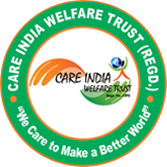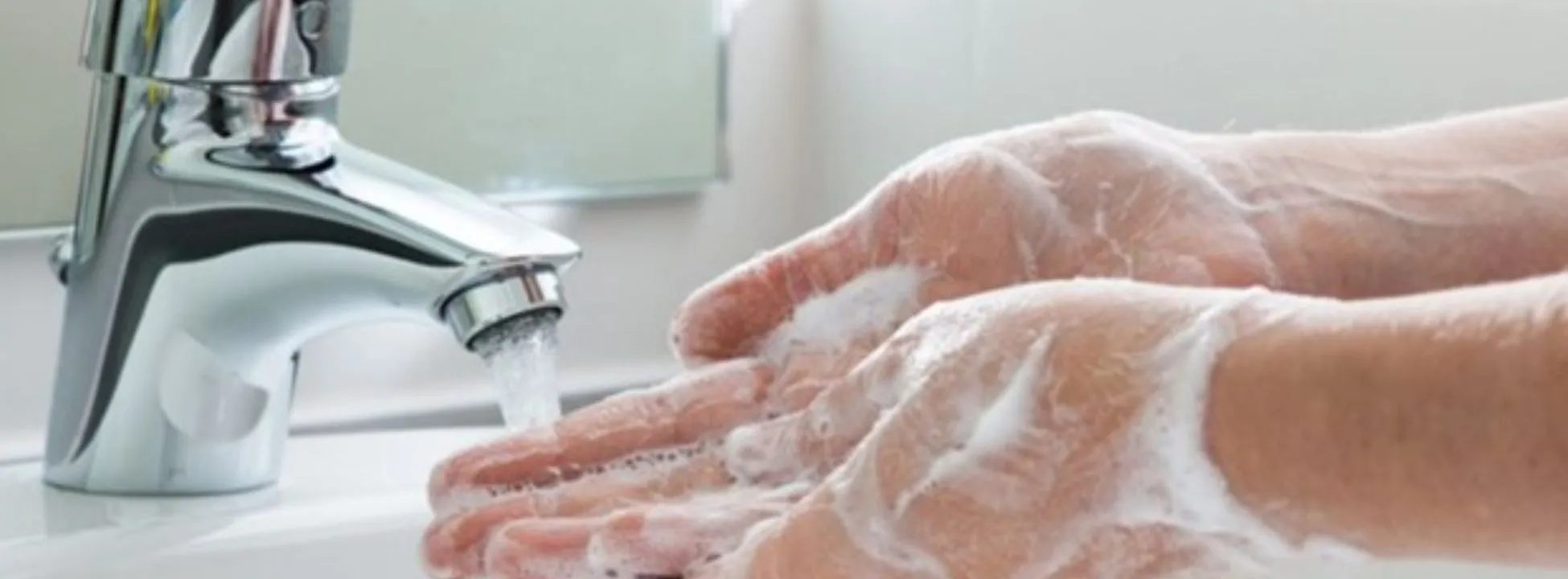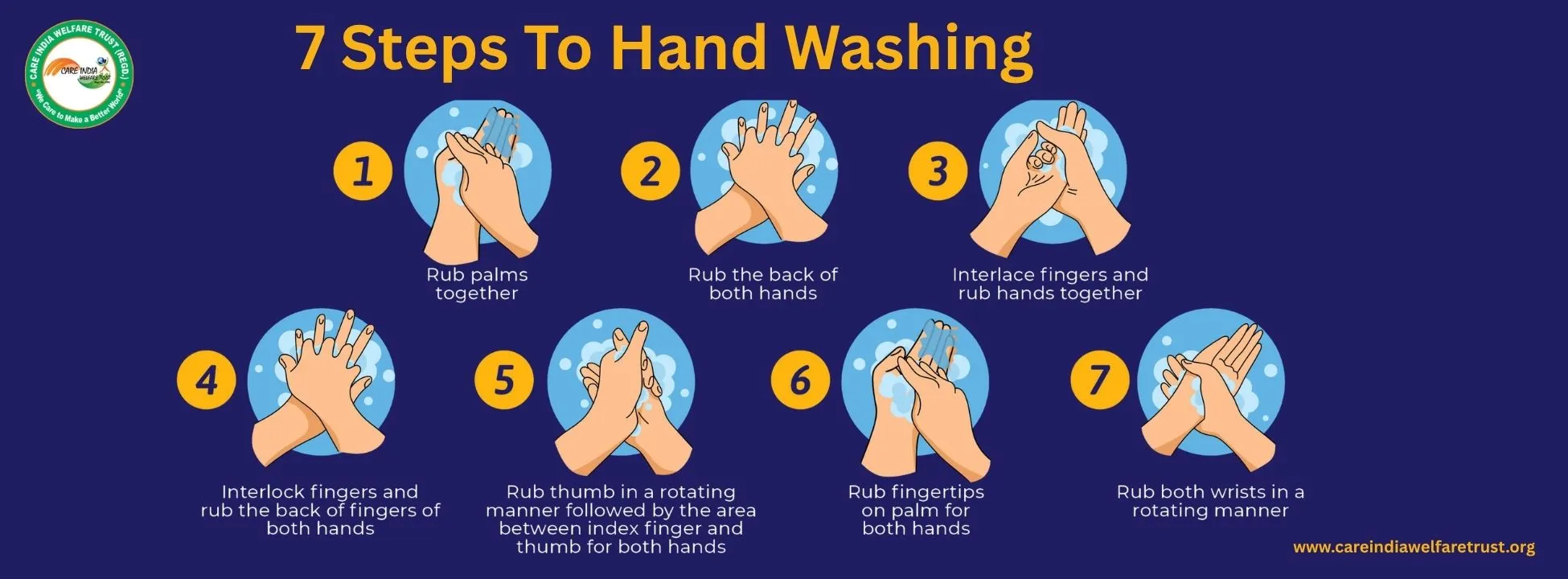Washing your hands is one of the easiest and most effective ways to stay healthy. Every day, we touch many surfaces—doorknobs, phones, money, public transport, and even other people. These surfaces harbor tiny germs, including bacteria and viruses. If we touch our face, eat food, or rub our eyes without washing our hands, we allow these germs to enter our bodies and make us sick.
Many common illnesses like colds, flu, diarrhea, and even serious infections like COVID-19 spread mainly through hands. Washing hands with soap removes germs before they get a chance to harm us. This small habit can prevent sickness in families, schools, workplaces, and communities. It not only keeps you healthy but also protects those around you.
During global health crises like pandemics, hand hygiene becomes even more important. Doctors and health experts all over the world say that washing hands is a “first line of defense” against infection. Soap breaks down the outer surface of germs and removes them when rinsed with water.
Handwashing is not just a personal act—it’s a way of showing care for others. If everyone washes their hands properly and regularly, the spread of diseases can be controlled. Simple, quick, and cheap—handwashing is a superpower that saves lives every day.
A Brief History of Hand Hygiene
Hand hygiene might seem like common sense today, but it wasn’t always this way. In the 1800s, many doctors didn’t wash their hands before treating patients. A Hungarian doctor named Ignaz Semmelweis noticed something shocking—women giving birth in hospitals were dying more often than those who delivered at home. He discovered that doctors were carrying harmful germs from dead bodies or other patients because they didn’t wash their hands.
Semmelweis asked doctors to wash their hands with a disinfectant before touching patients. The death rate dropped dramatically. However, many doctors didn’t believe him at that time, and his ideas were not widely accepted. Years later, after more research and support from scientists like Louis Pasteur, people started understanding the link between germs and disease.
In the early 1900s, the benefits of hand hygiene became more common in hospitals. Over time, it became a regular part of public health, especially during outbreaks like cholera, influenza, and more recently, COVID-19. These moments in history highlight the benefits of handwashing in preventing widespread infections.
Today, hand hygiene is taught in schools, hospitals, and workplaces all around the world. It’s considered one of the most important ways to prevent infection. The advantages of hand washing are clear—it helps control the spread of germs, protects individuals and communities, and reduces illness.
Organizations like Care India Welfare Trust play a vital role in spreading awareness about hand hygiene in underprivileged areas. Through education campaigns, health programs, and community outreach, they ensure that even vulnerable communities understand and adopt this life-saving habit.
Thanks to pioneers like Semmelweis—and modern initiatives by groups like Care India Welfare Trust—what was once ignored is now recognized as a life-saving practice. As a hand washing conclusion, we must remember that even small habits can save lives. The hand washing benefits we enjoy today are the result of years of learning, research, and a continued commitment to better health for all.
How Germs Travel: The Science Behind It
Germs are tiny living things—too small to see with the naked eye. These include bacteria, viruses, and fungi. They live all around us: on surfaces, in the air, on our skin, and especially on our hands. When we touch contaminated objects or people, germs can stick to our hands and later enter our bodies. That’s why the importance of hand washing cannot be overstated.
Here’s how it works: Suppose someone has a cold and sneezes into their hand. Then they touch a doorknob or phone. The next person who touches that object may get the germs on their hands. If they rub their eyes, nose, or eat food without washing their hands, the germs enter their body and make them sick. This clearly shows the importance of handwashing in our daily routines.
Some germs can survive for hours on surfaces like metal or plastic. That means the spread doesn’t stop with one person—it continues with every person who comes into contact with those surfaces. The benefits of hand washing include preventing this kind of transmission and keeping entire communities safer.
Benefits of handwashing with soap and water include removing these germs. Soap not only breaks the germs apart, but also helps lift them off the skin. Water then washes them away. Alcohol-based sanitizers also kill many germs, but are not effective when hands are visibly dirty.
Understanding how germs travel helps us realize why handwashing is so important. It’s not just about staying clean—it’s about breaking the chain of infection and stopping diseases before they spread.
When and How to Wash Hands Properly
Knowing when and how to wash your hands can help prevent illness. There are specific times when handwashing is most needed:
- Before eating or cooking food
- After using the toilet
- After coughing, sneezing, or blowing your nose
- After touching garbage, pets, or public surfaces
- Before and after caring for someone who is sick
These are moments when your hands are likely to carry harmful germs.
Here’s how to wash your hands properly:
- Wet your hands with clean, running water.
- Apply soap and rub your hands together to make lather.
- Scrub all parts of your hands – the front, back, between fingers, and under fingernails.
- Do this for at least 20 seconds. (You can hum the “Happy Birthday” song twice!)
- Rinse your hands well under clean water.
- Dry your hands with a clean towel or let them air dry.
If soap and water are not available, use a hand sanitizer with at least 60% alcohol.
Handwashing might seem small, but when done at the right time and in the right way, it can save lives. It’s a habit that should be taught and practiced daily, especially in children.
The Global Impact of Hand Hygiene
Hand hygiene has made a huge difference in global health. Around the world, millions of people fall sick every year due to poor hygiene. But when handwashing becomes a daily habit, many of these illnesses can be prevented.
Studies show that washing hands with soap can reduce diarrhea cases by about 30% to 40% and respiratory infections by 20%. This is especially important for children in developing countries, where poor hygiene leads to high death rates from preventable diseases.
During the COVID-19 pandemic, handwashing became a global message. People were reminded to wash their hands regularly to stop the virus from spreading. In many countries, public places installed handwashing stations, and awareness campaigns were launched.
Health organizations like the World Health Organization (WHO) and UNICEF continue to promote hand hygiene through education, community programs, and partnerships with schools.
The benefits of hand hygiene go beyond just health. It helps children stay in school, improves workplace productivity, and saves families money on medical bills. In short, the benefits of washing hands not only protect individuals but also strengthen the health of entire communities. These are just a few examples from the 10 reasons to wash your hands that show how important this simple habit really is.
Top 10 Reasons Why is hand washing Important
Hand washing is a simple yet powerful habit that protects our health and prevents the spread of disease. Here are the 10 importance of hand washing everyone should know.
1. Prevents the Spread of Germs
Washing hands removes bacteria, viruses, and other harmful germs that we pick up from surfaces and people.
2. Reduces the Risk of Infections
Regular handwashing lowers the chances of catching illnesses like the common cold, flu, diarrhea, and even COVID-19.
3. Protects Others Around You
Clean hands prevent you from spreading germs to family, friends, classmates, coworkers, and especially young children and elderly people.
4. Promotes Overall Health
Good hand hygiene reduces the burden of diseases in a community, improving overall public health and reducing healthcare costs.
5. Essential During Food Preparation
Washing hands before cooking or eating prevents foodborne illnesses caused by germs like E. coli and Salmonella.
6. Prevents Eye, Skin, and Respiratory Infections
Touching your face with dirty hands can lead to eye infections, skin rashes, or respiratory issues like pneumonia.
7. Reduces School and Work Absenteeism
By staying healthy through proper handwashing, children miss fewer school days and adults can avoid taking sick leave from work.
8. Supports Safe Healthcare Practices
In hospitals and clinics, handwashing is critical to protect both patients and medical staff from serious infections.
9. Empowers Children with Healthy Habits
Teaching kids to wash their hands builds lifelong habits that keep them and their future families healthy.
10. Acts as a First Line of Defense
Handwashing is one of the simplest, cheapest, and most effective ways to prevent the spread of diseases. It’s your defense against infection.
Challenges in Promoting Handwashing
Even though handwashing is simple, not everyone can practice it regularly. Many people around the world face challenges that make it hard to wash their hands properly.
One major problem is a lack of clean water and soap. In poor areas or slums, people may not have running water in their homes. They may have to walk long distances to get water, and soap may be expensive. Without these basic things, handwashing becomes difficult.
Cultural beliefs can also be a barrier. In some places, people may not believe that handwashing is important. They may not understand how germs spread. Some might wash their hands with just water, which is not enough to kill germs.
Lack of education is another issue. In some schools and homes, people are not taught the right way to wash their hands. If children are not shown good hygiene habits early, they may grow up without learning this important skill.
To solve these problems, governments and organizations need to work together. They can:
- Build handwashing stations in schools and public places
- Provide free or low-cost soap and clean water
- Run awareness campaigns using posters, radio, or community leaders
- Teach hygiene in schools and communities
If everyone works together, more people will have the tools and knowledge they need to wash their hands and stay healthy.
Handwashing in the Age of Antibiotic Resistance
Antibiotics are medicines used to kill harmful bacteria. But today, many bacteria are becoming resistant to these drugs. This means antibiotics don’t work as well as they used to, and treating infections is becoming harder.
This problem is called antibiotic resistance, and it’s a serious global health issue. One big reason for this is that people overuse antibiotics. But another reason is the spread of infections that could have been prevented, like those spread by dirty hands.
When we wash our hands regularly, we reduce the chances of getting sick in the first place. That means fewer people will need antibiotics. And the less we use antibiotics, the slower resistance will grow.
Hospitals and clinics especially need strong hand hygiene rules. Patients in hospitals have weaker immune systems, and the risk of infection is high. Doctors, nurses, and visitors must wash their hands often to protect patients from germs.
Handwashing is a powerful tool in the fight against antibiotic resistance. It is not just about personal hygiene—it is about protecting our future. By keeping our hands clean, we reduce the number of infections, the need for strong medicines, and help ensure that antibiotics continue to work for years to come.
From Schools to Workplaces: Spreading the Message
Handwashing should be practiced everywhere, not just at home or in hospitals. Schools, offices, factories, shops, and community centers all play a big role in spreading the habit of hand hygiene.
In schools, children can learn about germs and how washing their hands keeps them healthy. Fun activities like songs, handwashing games, or using color-changing soap can help children remember to wash hands properly. Teachers and school staff should also set a good example by washing hands regularly.
In workplaces, employers can put handwashing stations in kitchens, washrooms, and near entrances. Posters and reminder signs can encourage employees to wash hands after using the restroom or before eating. Some companies also provide hand sanitizers at desks and meeting rooms.
Public places like parks, bus stations, and markets can also promote hygiene by installing simple handwashing points. During health campaigns or festivals, local leaders can talk about the importance of washing hands.
Community health workers and NGOs can also help. They can visit homes, run street plays, or distribute soap and flyers to educate people.
When everyone—from children to adults, schools to companies—joins hands (and washes them!), hygiene becomes a normal part of life. A united message across society can make handwashing a habit that saves lives everywhere.
The Future of Hand Hygiene: Innovation and Education
As we move forward, new technologies and programs are making handwashing more fun, easy, and accessible. Some schools use color-changing soaps that turn white only after 20 seconds of scrubbing, teaching children how long they should wash. There are also automated handwashing machines that use little water and soap but clean hands very well, useful in places with water shortages.
In smart cities and airports, touch-free taps and sanitizers are becoming common. They reduce the risk of touching dirty surfaces and make hygiene faster and safer.
Mobile apps and social media campaigns also play a big role. Apps can remind people to wash hands, and fun videos can teach handwashing steps in local languages. Influencers and health experts use platforms like YouTube or Instagram to spread awareness. Health departments and schools also use CDC hand hygiene posters to teach the correct way to wash hands and remind everyone about the importance of hand hygiene.
At the same time, education is the key. Schools, families, and health workers must continue teaching the importance of hand hygiene. More countries are adding hygiene lessons to their school programs, ensuring that the next generation grows up with strong habits.
The future of hand hygiene is not just about gadgets—it’s about reaching every person with the message. Whether in a village or a city, everyone deserves the knowledge and tools to keep their hands clean and their lives healthy. After all, clean hands save lives—a simple truth that makes a big difference.
FAQ
What are the 3 most important reasons for washing hands?
The three most important reasons to wash your hands are to stop the spread of germs, prevent illness, and protect others, showing the true importance and advantages of hand washing.


